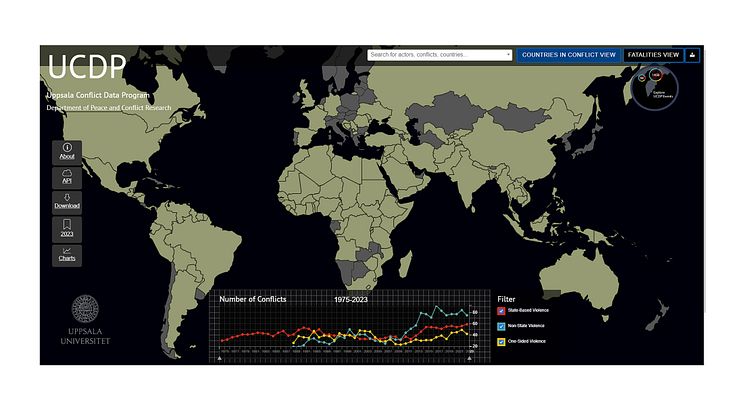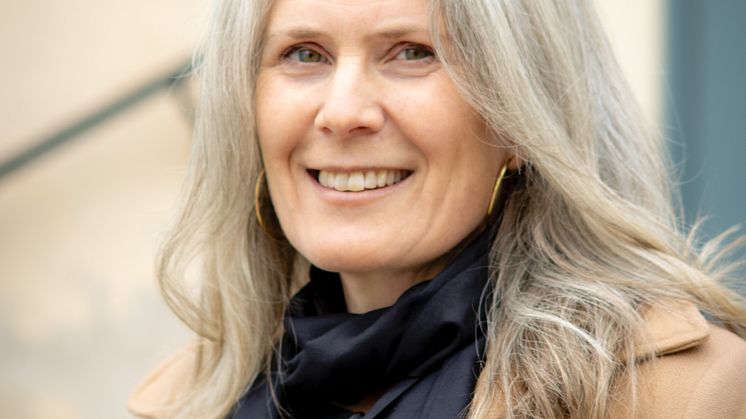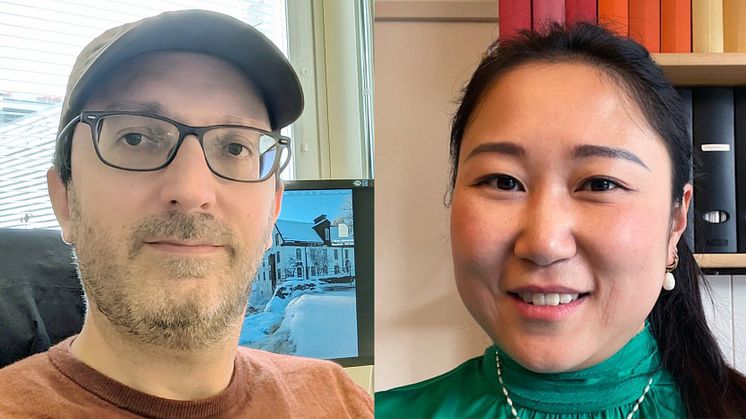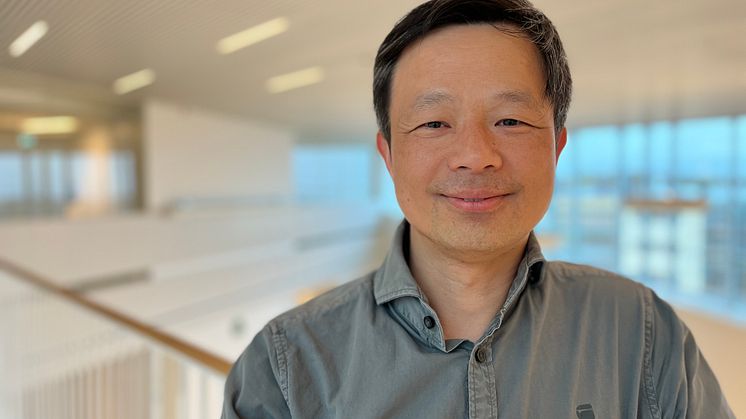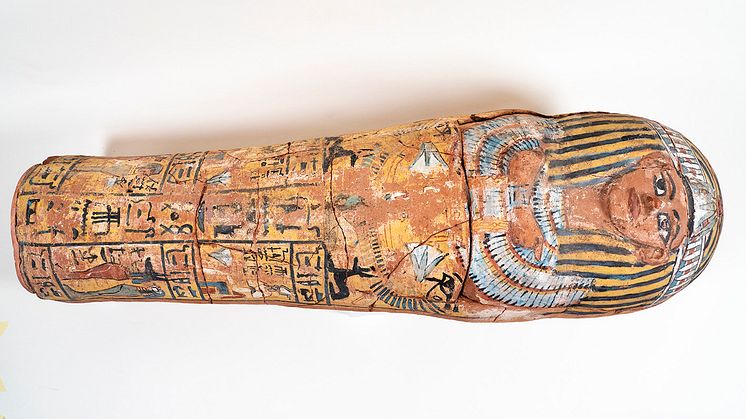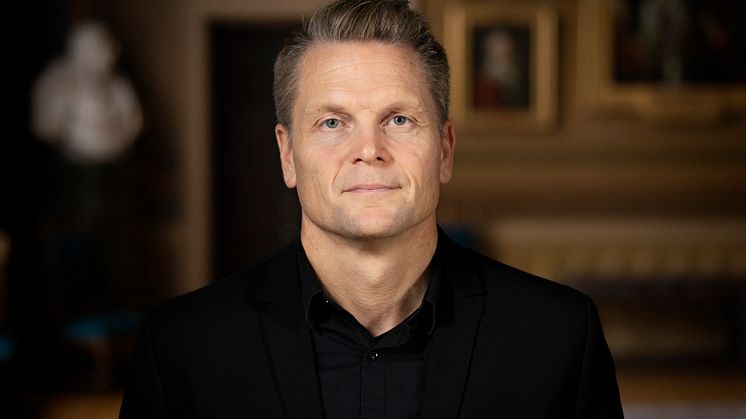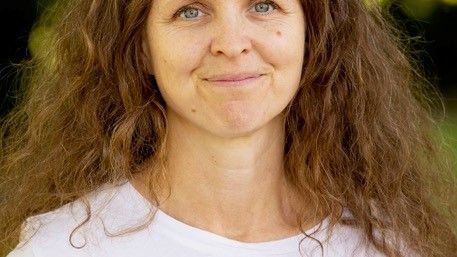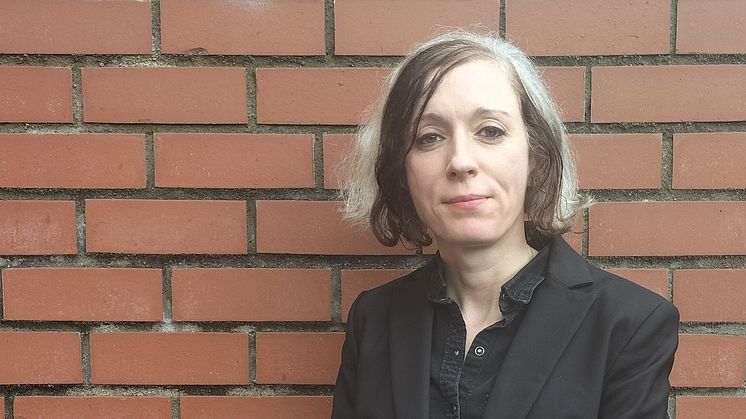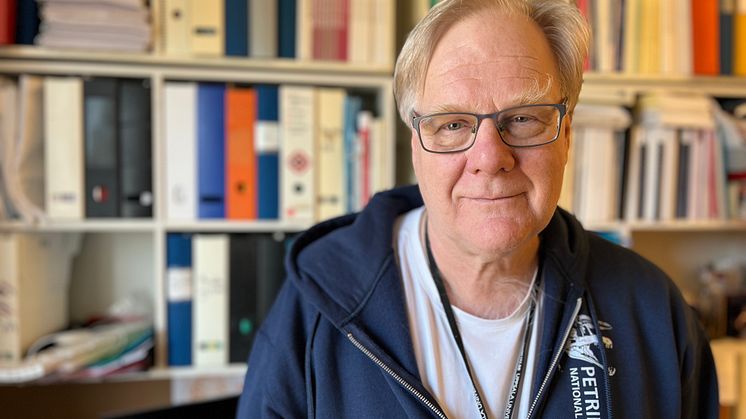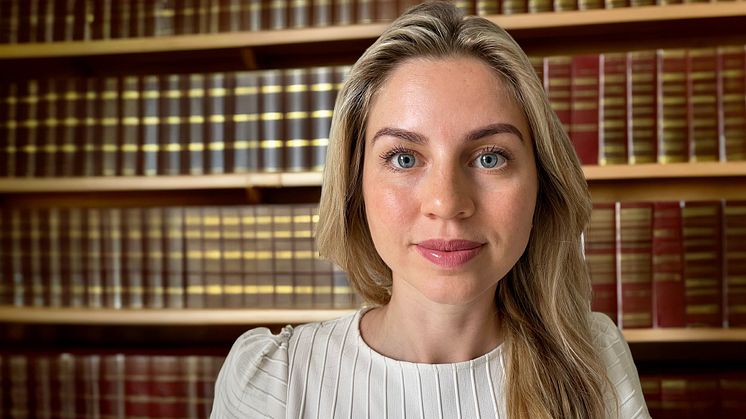UCDP: record number of armed conflicts in the world
Never before have there been so many armed conflicts across the globe. This has been shown by new statistics from the Uppsala Conflict Data Program, UCDP, at Uppsala University. In 2023, the number of conflicts involving states totalled 59, the highest number ever since the data collection’s starting point in 1946. Previous peaks were seen in 2020 and 2022, each with 56 conflicts.
